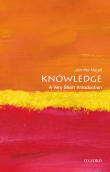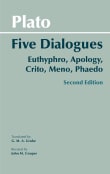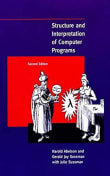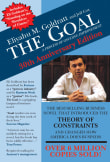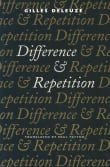Naming and Necessity

Book description
'Naming and Necessity' has had a great and increasing influence. It redirected philosophical attention to neglected questions of natural and metaphysical necessity and to the connections between these and theories of naming, and of identity. This seminal work, to which today's thriving essentialist metaphysics largely owes its impetus, is here…
- Coming soon!
Why read it?
4 authors picked Naming and Necessity as one of their favorite books. Why do they recommend it?

Naming and Necessity had a profound impact on my understanding of the importance of using proper names in programming (for functions, variables, etc.). I was fascinated by Kripke’s exploration of the usage of names in our day-to-day language. His arguments challenged my thinking and introduced me to new ways of considering reference and meaning.
The clarity and rigor of his analysis pushed me to refine my reasoning skills. Despite being a challenging read, I found it incredibly rewarding.
From Yehonathan's list on become a great developer.

I never believed a word of it, yet here is a most challenging, extremely well-written, and powerful statement of the "new theory" of reference, which is so satisfactory, so promising, yet even comforting in many ways.
Contained within are various arguments (akin to thought experiments) aimed at nudging one towards a way of thinking about language that is compelling, of the "I knew it all along! How could anyone not see?" variety.
From Gary's list on those interested in language itself.

This book, given as three lectures in 1970 by a 28-year-old wunderkind, made its author one of the greatest philosophers of our era. Just as Russell transformed the philosophy of his day by demonstrating the significance of an advanced system logic he helped to found, so Kripke transformed the philosophy descending from Russell by inventing an expressively richer version logic, and illustrating its significance. This book, more than any other, provided the starting point for contemporary metaphysics, epistemology, philosophy of language, and philosophy of mind. It is, nevertheless, remarkably accessible. Delivered in a delightfully informal style, it presents ideas capable…
From Scott's list on western philosophy: what it is and how to do it.
If you love Naming and Necessity...

This book had a revolutionary impact on philosophy. It is a lightly edited transcript of three lectures and retains some of their conversational style. As the title indicates, it is about language as well as metaphysics, but it does not attempt to reduce metaphysics to language. Instead, it does the opposite: it shows how mistakes about how language works had tripped philosophers into mistakes about metaphysics, by making metaphysical questions look nonsensical. A better understanding of how language works does not answer the metaphysical questions, but it does enable us to think more clearly about them, just as astronomers need…
From Timothy's list on contemporary epistemology and metaphysics.
If you love Naming and Necessity...
Want books like Naming and Necessity?
Our community of 12,000+ authors has personally recommended 100 books like Naming and Necessity.


